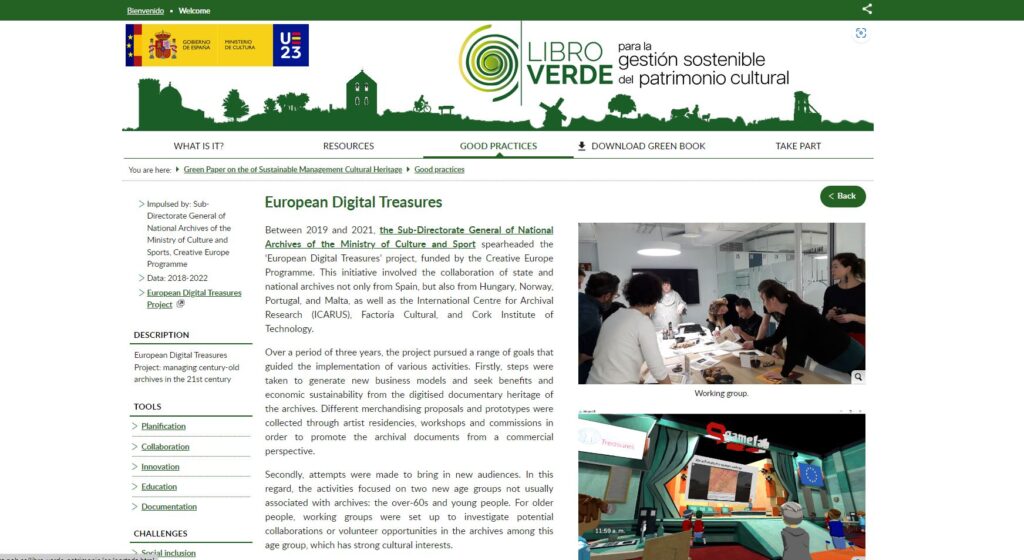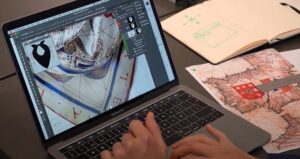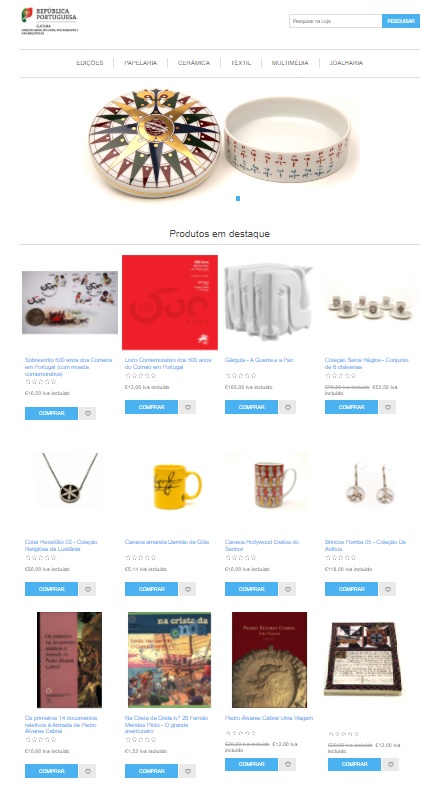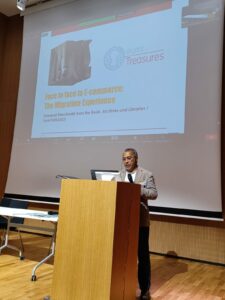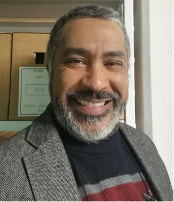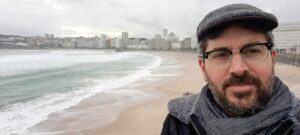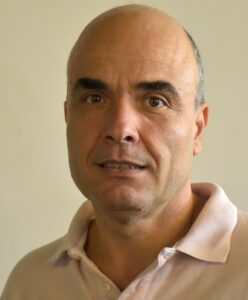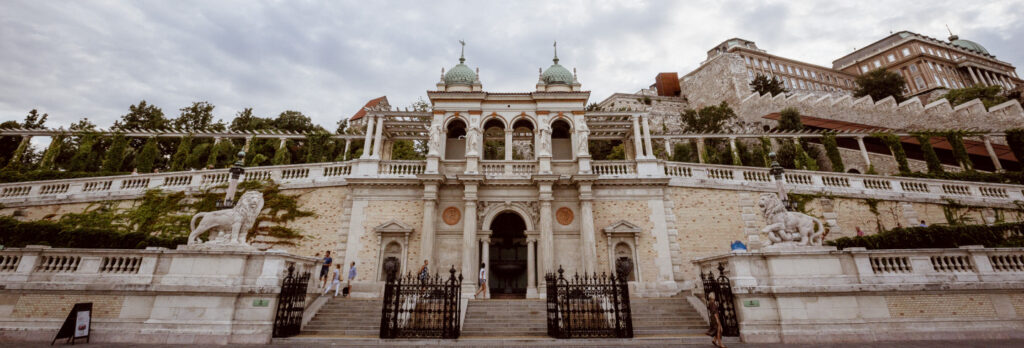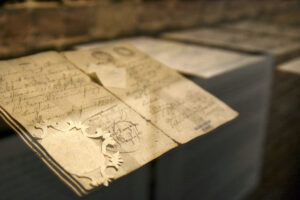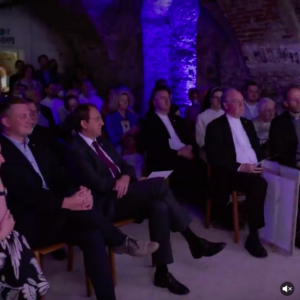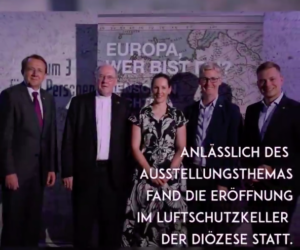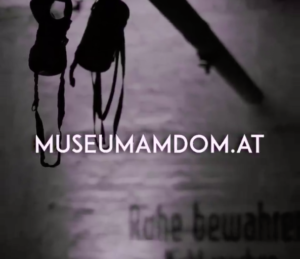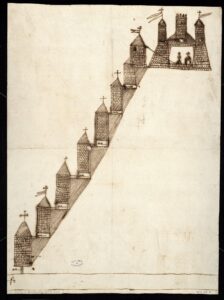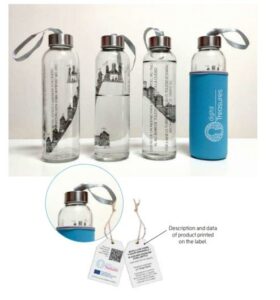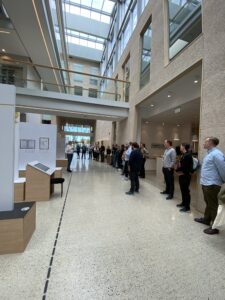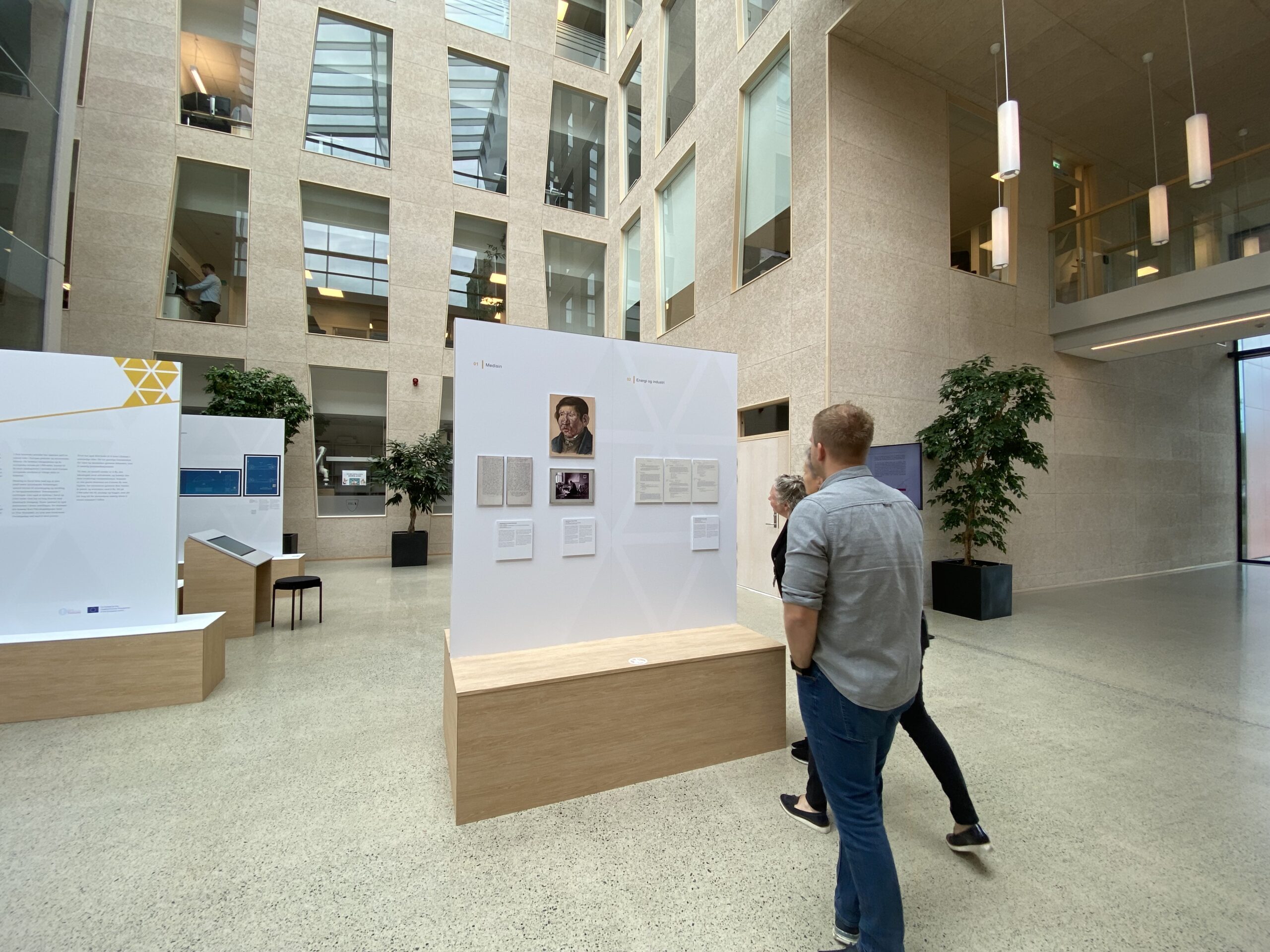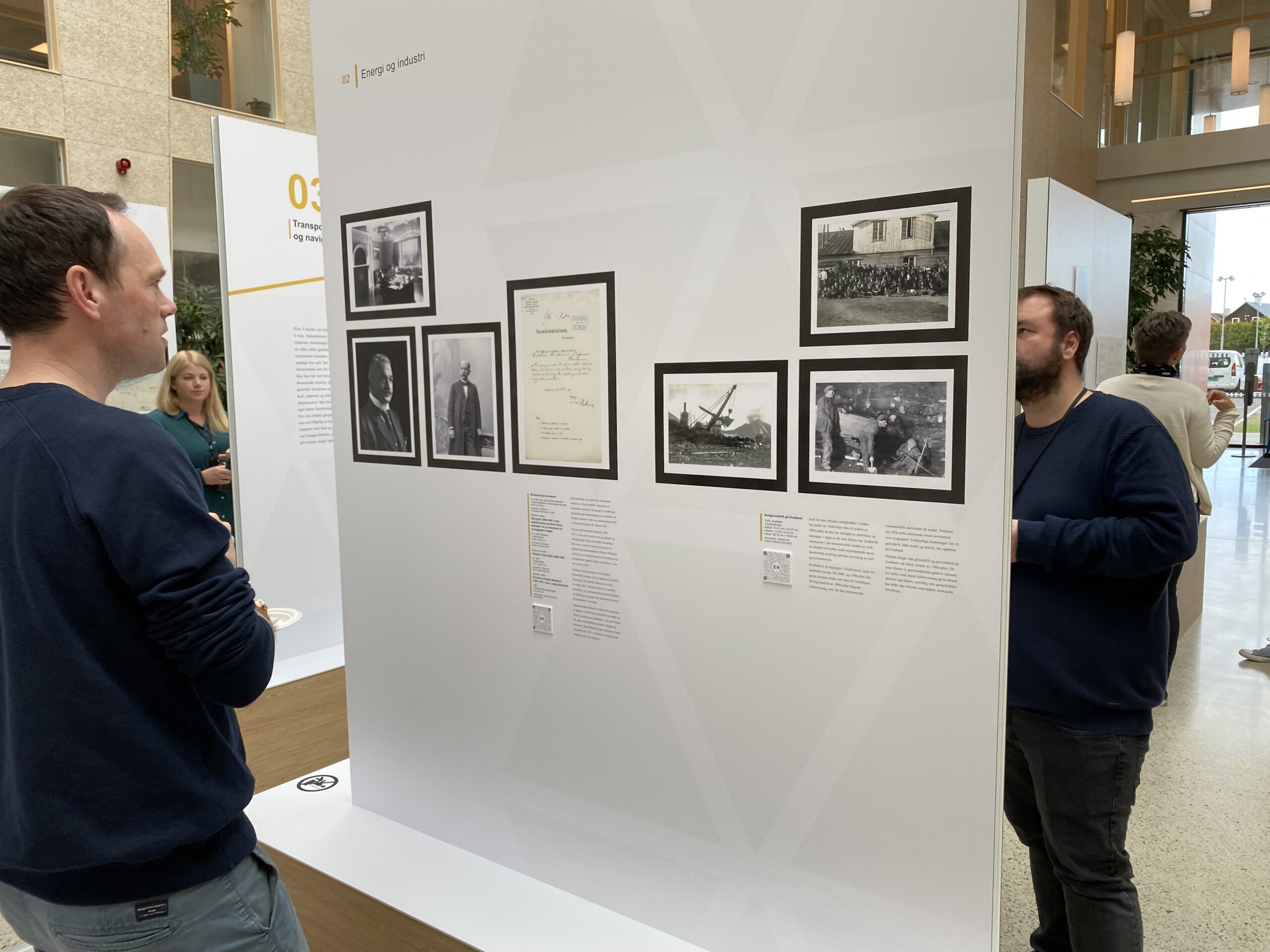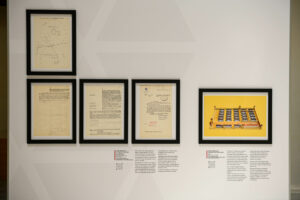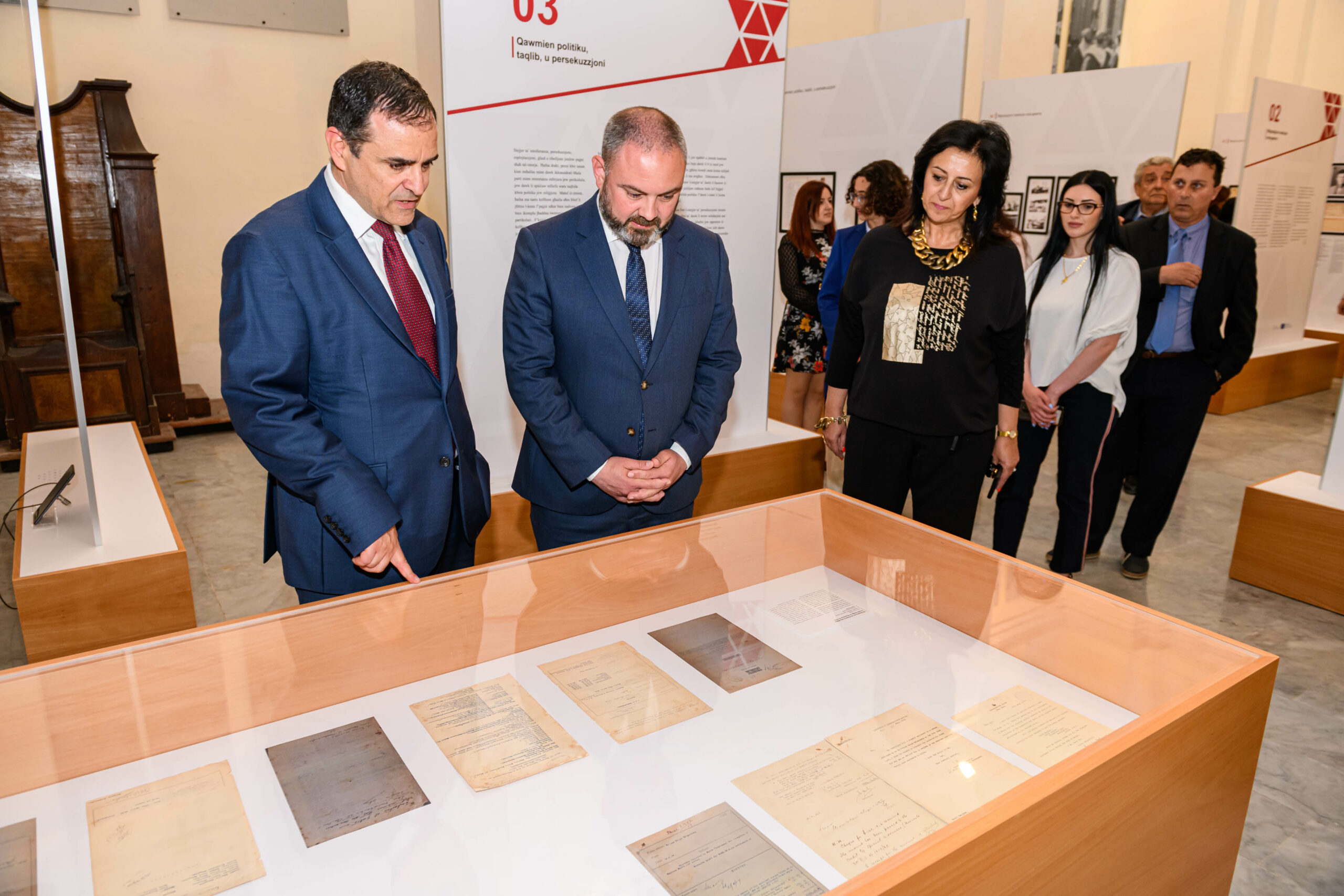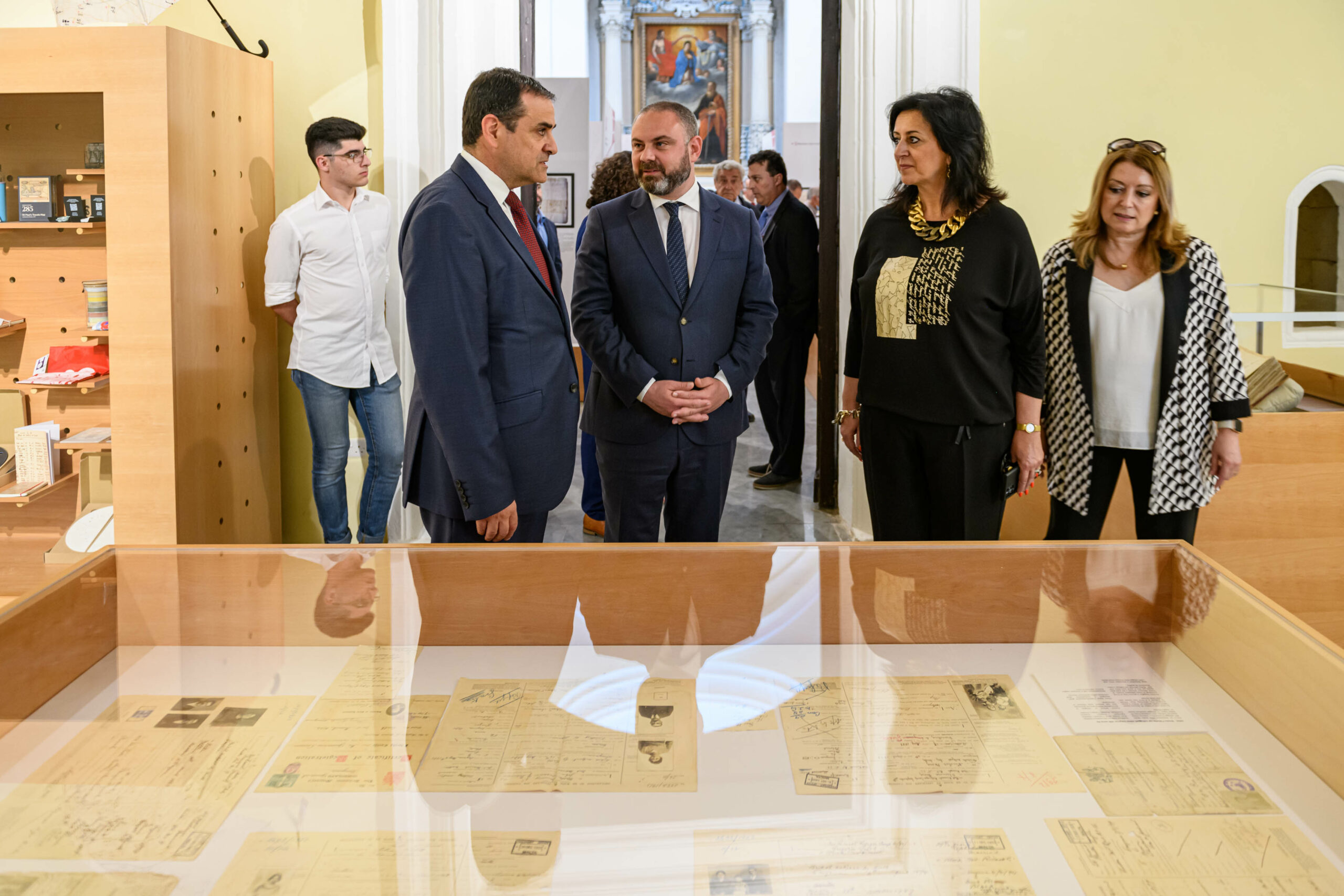European Digital Treasures has been selected as a best practice for the Green Paper on the Sustainable Management of Cultural Heritage!
This Green Paper is being put forward as part of the programme by the Spanish presidency of the Council of the European Union, following in the footsteps of the Czech presidency in 2022, which published a report on the cultural dimension of sustainable development in European Union actions. This project is carried out by the Directorate General of Cultural Heritage and Fine Arts of the Ministry of Culture and Sports and is coordinated, through its Support Unit by the Sub-Directorate General of the Spanish Institute of Cultural Heritage and the Sub-Directorate General of Management and Coordination of Cultural Assets. It is drafted by a working group made up of representatives from different governments and varying institutions, organisations and associations with a consolidated track record in the defence, management and conservation of Spanish cultural heritage. The text was submitted for public consultation in June 2022 and, based on the contributions received and contact with various stakeholders, successive drafts were developed. Although the references to regulations and governmental competences refer directly to the particular situation in Spain, the concepts that make up the technical corpus of the book can be extrapolated to any other country, as they always underlie the common and universal idea of safeguarding and transmitting cultural heritage.
This paper intends to be a tool that facilitates the daily management of cultural assets and favours good practices in this field; a document that integrates all aspects of cultural heritage and reflects its diverse reality, challenges and problems of all types, focusing on heritage management as sustainable management and a paradigmatic example of the circular economy. Moreover, this paper can serve as an incentive and driver for a greater good, also attainable through the revaluation, care and dissemination of heritage: raising the social consideration of culture, making citizens as a whole understand the relevance that this has for the social, economic, aesthetic and ethical development of all of society.
Written by Spanish State Archives
You can find more info in the portal:
European Digital Treasures – LIBRO VERDE DEL PATRIMONIO | Ministerio de Cultura
Green Paper on the of Sustainable Management Cultural Heritage – LIBRO VERDE DEL PATRIMONIO | Ministerio de Cultura
